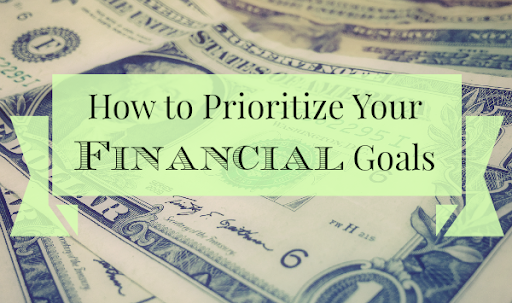Whether you are saving for retirement or a big purchase, saving for your dream vacation, or establishing an emergency fund, you can prioritize your goals to save more money. Listed below are some ideas to help you prioritize your money saving goals. Before you begin, determine your timeline and priorities. Then, look at your current spending patterns and eliminate items that aren’t essential to your goals. If you have excess How to Prioritize Your Money Savings money, put it into an interest-earning savings account. Otherwise, you can move it to a money market account with more restrictions. Money market accounts have higher interest rates but have higher minimum deposit requirements.
Investing money you’ve already saved
If you are trying to save for a particular goal, you might find it difficult to balance your savings and investments. In most cases, you should prioritize saving over investing, but that doesn’t mean that you should neglect investing entirely. Here are some important ways to make your savings work harder for you. Read on to discover the benefits of putting your money to work for you. And don’t forget to keep track of your progress with the help of a savings calculator, such as one provided by Schwab.
First of all, you need to establish a solid emergency fund. You should set aside three to six months of expenses, depending on your circumstances. You should invest this money in a certificate of deposit or money market account so that it earns interest. Another benefit of using a money market account is that you will have easier access to the money when you need it. You can also use this money to pay down your debt.
Saving for retirement
The first step in planning for your retirement is to set financial goals. While you should save as much as possible now, you should also allocate some funds to your emergency fund. Investing in stocks and bonds will yield higher returns over the long term. In addition, you can set a goal of having all of your retirement savings in one bucket, rather than two or three. Saving early and often will result in a higher retirement fund balance.
It is important to understand the amount of money you will need to retire, as well as your income and spending patterns. If your retirement savings plan doesn’t provide enough money, you may need to find ways to increase your contributions. A common mistake many retirees make is starting too late. The sooner you start saving, the more you will have to look forward to your retirement. Here are some tips for getting started. These tips will help you plan your future and make sure that you have enough money to retire with peace of mind.
Saving for a big-ticket item
Before you start saving for a big-ticket item, you should know what you are going to spend it on. Some things have a set dollar amount, but there are other costs associated with the item, such as taxes, insurance, and maintenance. You should also calculate how long it will take you to pay off the item. Once you know the cost of a big-ticket item, you can prioritize your money savings toward it.
Before you spend the money you have saved for a big-ticket item, consider whether you really need it. While it can be tempting to buy that new flat-screen TV you’ve been eyeing, you probably don’t need it right now. If you want it now, put it aside for a few months or a year. Then you can spend it on something else.
Saving for an emergency fund
To start building an emergency fund, the first thing you need to do is set aside a small amount of money each month. Make sure the amount you set aside is separate from your day-to-day cash. Set up an automatic transfer to this account on the same day each month or the day your paycheck is deposited. You can also put any unexpected lump sums of money into this account. However, you should never invest this money in stocks or bonds because market fluctuations can cause your emergency fund to suffer.
Having a large emergency fund will prevent you from falling into debt during times of crisis. Having money in savings can also save you from the stress of trying to raise money last minute. Paying down debt is your number one priority, but building an emergency fund is also important. Especially if you have high-interest debt, it can be a substantial burden that you are not willing to ignore. If you’ve been putting off building an emergency fund, now’s the time to do it!
